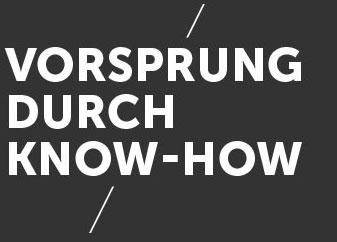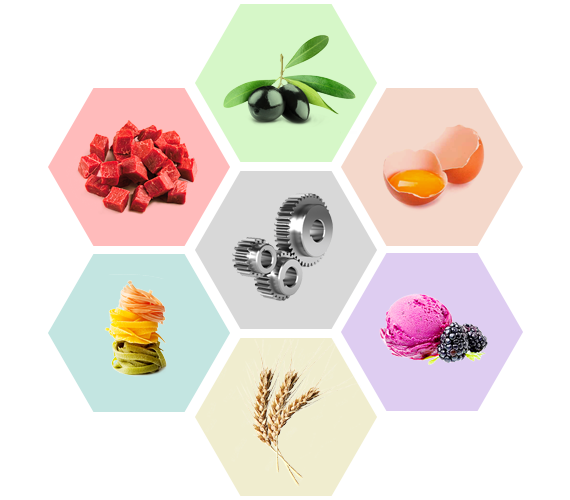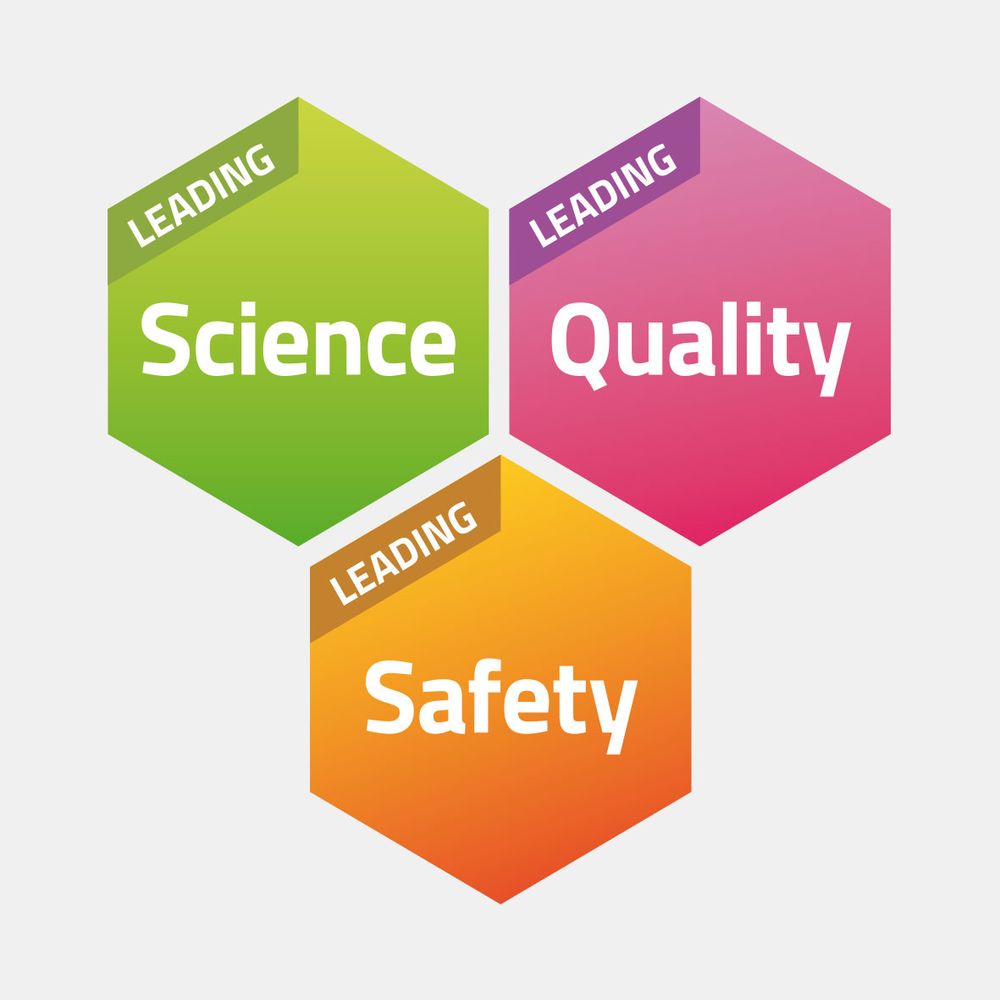Founded
1983



With around 150 member companies from the food industry and related fields, the German Institute of Food Technologies (DIL) operates as a research institute working in the areas of product development, process development and analysis.Forming a bridge between science and practice, DIL supports its partners in the innovation process.

The development of technological innovations and a responsible handling of existing resources can promote the preservation of the health of the people and the planet alike. It is this belief on which the work of our institute is based.
The development of technological innovations and a responsible handling of existing resources can promote the preservation of the health of the people and the planet alike. It is this belief on which the work of our institute is based.
Founded
1983
Locations
Quakenbrück & Bussels
Chairman of the Board & Director
Dr.-Ing. Volker Heinz
Employees
170
Member companies
> 150
DIL has not stopped evolving since its inception. When the institute moved to Professor-von-Klitzing-Straße, what was once a few square meters of workspace became an integrated building complex. With the appointment of Dr. Volker Heinz as the new director, DIL underwent a realignment. The institute created new divisions and thereby established itself as a one-stop shop for food technology.
DIL also broadened its scope of action by initiating European research networks. In 2009, DIL took on the responsibility of coordinating the EU research network Hightech Europe. Numerous international projects and collaborations were to follow. The institute’s development culminated in the opening of its new building. This phase saw DIL’s floor and workspace increase from 3,000 to a total of 9,000 square meters.

The development of technological innovations and a responsible handling of existing resources can promote the preservation of the health of the people and the planet alike. It is this belief on which the work of our institute is based.
The food industry has been experiencing a remarkable development in recent years. The DIL has continuously addressed the changing requirements. Existing technological competencies were broadened and all-new research foci were established. The DIL’s work in research and development creates technological innovations. In practice, these allow the user to economically produce competitive, high-quality products.
Global socio-economic developments bring new challenges. Whereas, in emerging countries, population sizes tend to rise rapidly, western industrialized nations, where populations face a downward trend, find themselves confronted with different problems. Already, 50 % of all male Europeans are considered obese. This is especially problematic since, in these countries, obesity is the second most common cause of preventable deaths. Supplying an increasingly aged society with healthy foodstuffs which suit the consumers’ needs also presents new challenges.
The development of new concepts for products and procedures are required, concepts which take nutritional physiology into account, are oriented towards the consumers’ habits and increase the availability of healthy foodstuffs.
Thus, our ecological footprint will leave behind deep traces. As the global population grows, so does the need for natural resources. Agrarian economy and the food sector belong to the heaviest users of energy and resources. Whereas in emerging countries, 40 percent of foodstuffs are lost due to lack of modern harvesting -, transportation –, and preservation technologies; industrialized nations waste 40 percent of foodstuffs after production, directly or indirectly, through consumer behavior.
The extent to which we manage to sustainably utilize these resources and minimize the consequences of global food production, will permanently shape our environment and influence our quality of life.
The key factors in the sector’s value added are the availability of raw materials, household expenditure, and the strength of trade as well as the food producer’s innovative capacity. In this context, the DIL acts as the companies’ partner. This way, the institute supports its partners in the integration of resource protection measures and the development of new, attractive products.
The vision consists in a value-adding food production, in which all parties involved - from the raw material supplier to the consumer – benefit from their participation in the process chain. Especially the development of the price of raw materials and the prevailing economic pressure on the food industry show the importance of every single participant in this sensitive system.
DIL’s extension building opened in 2011. Not only has this development seen the institute grow in terms of 6,000 square meters of additional floor space, but the new building also plays a crucial role in research and development and in collaborative work with companies. In addition to the new test laboratory, which offers space to develop and test new technologies and has approval to operate as a food production establishment, DIL now also has expanded mechanical engineering facilities at its disposal. This means that innovative concepts can be directly put into practice thanks to a professional mechanical and electrical service division.
New capacities for analysis have been created with the new labs. Based on the possible options and the availability of commercial space, work began on the implementation of a “Business and Innovation Park Quakenbrück” (BIQ) in 2012. Since 2015, companies and entrepreneurs are being provided with the opportunity to locate at the BIQ site of approximately 2,700 square meters and benefit from the capacities available at DIL.
biq-gmbh-quakenbrueck.de
Link

A scientific career, a job offering creative challenges or the start of your professional life – the opportunities our institute provides are as multifaceted as our activities.
|
08 Nov 2023 DOCTORAL STUDENT (M/F/D) as part of the "Edible Insect Production and Processing Group” |
Jobdetails |